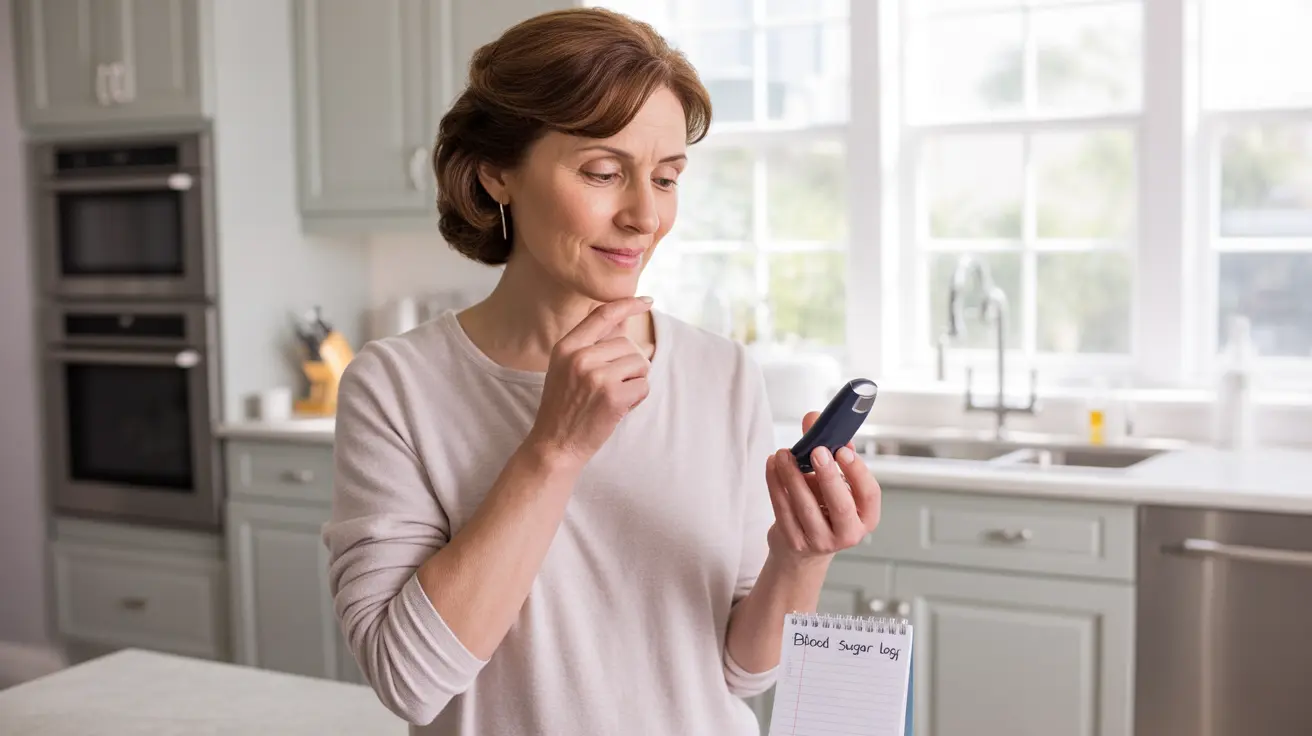For individuals managing diabetes or weight loss with Ozempic, testing positive for COVID-19 can raise important questions about medication safety and management. Understanding how to handle your Ozempic treatment during a COVID-19 infection is crucial for maintaining your health while dealing with the virus.
This comprehensive guide will address key concerns about using Ozempic during COVID-19 infection, including safety considerations, potential interactions, and management strategies to help you navigate this situation effectively.
Safety of Continuing Ozempic During COVID-19
Generally, healthcare providers recommend continuing Ozempic treatment even if you test positive for COVID-19, unless specifically advised otherwise by your doctor. Maintaining stable blood sugar levels is particularly important when fighting any infection, including COVID-19.
However, there are important factors to consider:
- Close monitoring of blood sugar levels is essential
- Stay well-hydrated to prevent complications
- Watch for signs of dehydration, especially if experiencing COVID-19 symptoms
- Contact your healthcare provider if you develop severe nausea or vomiting
Managing Side Effects and Symptoms
Both COVID-19 and Ozempic can cause gastrointestinal symptoms, which may compound each other. If you experience increased stomach issues:
- Stay hydrated with clear fluids
- Eat smaller, more frequent meals
- Avoid fatty or spicy foods
- Consider temporarily reducing your Ozempic dose (only under medical supervision)
When to Contact Your Healthcare Provider
Seek immediate medical attention if you experience:
- Severe or persistent vomiting
- Inability to keep fluids down
- Signs of dehydration
- Significantly elevated blood sugar levels
- Difficulty breathing or other severe COVID-19 symptoms
Medication Interactions and Considerations
Understanding potential interactions between Ozempic and COVID-19 treatments is crucial for safe management. Some antiviral medications, including Paxlovid, may be used alongside Ozempic, but always inform your healthcare provider about all medications you're taking.
There are no known contraindications between Ozempic and COVID-19 vaccines, but it's important to:
- Discuss timing of doses with your healthcare provider
- Monitor for any unusual side effects
- Keep detailed records of your symptoms and blood sugar levels
Healthcare Support During COVID-19
Your healthcare team can provide valuable support during this time through:
- Telehealth consultations
- Remote monitoring of blood sugar levels
- Adjustment of medication dosing if needed
- Guidance on managing concurrent symptoms
Frequently Asked Questions
Can I safely continue taking Ozempic if I test positive for COVID-19? Yes, in most cases, you can safely continue taking Ozempic during COVID-19 infection. However, consult with your healthcare provider for personalized advice based on your specific situation.
Does taking Ozempic reduce the severity or risk of death from COVID-19 infection? While some studies suggest potential benefits of GLP-1 receptor agonists like Ozempic in COVID-19 outcomes, more research is needed to confirm these effects. The primary focus should be on maintaining stable blood sugar levels during infection.
Are there any known interactions between Ozempic and COVID-19 vaccines or treatments like Paxlovid? There are no known significant interactions between Ozempic and COVID-19 vaccines or common treatments like Paxlovid. However, always inform your healthcare provider about all medications you're taking.
What should I do if I experience stomach issues from Ozempic while having COVID-19? If you experience increased gastrointestinal symptoms, stay hydrated, eat smaller meals, and contact your healthcare provider. They may recommend temporary adjustments to your Ozempic dosing.
How can healthcare providers support me in managing Ozempic during a COVID-19 infection? Healthcare providers can offer telehealth consultations, monitor your condition remotely, adjust medications as needed, and provide guidance on managing both COVID-19 symptoms and Ozempic side effects.




